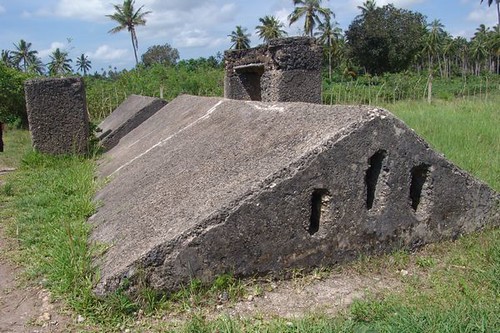Slavery
On 25 March 1807, the Abolition of the Slave Trade Act was passed by the British Parliament, 200 years ago yesterday. This momentous event is being marked in various ways in Britain and, probably, elsewhere in the world. As usual, the BBC has an excellent site dealing with many aspects of the slave trade and its abolition and this can be found on this link.
This evening, the BBC will be showing a programme made by Rageh Omaar, a fellow Somalilander, about the modern slave trade, in its many forms, from child prostitution (in where other than Cambodia?), young Yemeni children being sold to beg on the streets of Saudi Arabia, to children sold to fishermen in West Africa. He also contrasts this with a young chap from near Hargeisa in Somaliland who is tending the family goats. He doesn't go to school but he could and he is well treated. For sure he is a child worker, but this is very different from the modern day slavery which the other children have to put up with.
It is an excellent thing to remember our past and to commemorate events such as the abolition, but it is always a good idea to focus on what is going on now. I think that we in the West so much associate slavery with the transatlantic slave trade, with black slaves being sold by African kings to European sailors who pack them into cramped ships and send them off to the Americas, that it might make it difficult to see and understand the slavery which goes on in our midst.
Hopefully, these commemorations will help us see better what is going on now and may motivate us to do something about it.
They say that the European Union, which just celebrated 50 years with a big expensive party for politicans and civil servants in Germany this weekend, is looking for new challenges to increase its popularity and relevance to European citizens. Well, wouldn't a stated objective to try to eradicate and combat slavery be one such way to achieve this? A commitment to fair trade, to refuse products which have been produced using slaves and to help developing countries eradicate child slavery within their countries and so on.... How about it? We might not achieve the eradication of slavery but we could certainly ebable to reduce it and it is a noble aim.
The photo here is of some slave chambers on Zanzibar, an island which for centuries played a big part in the transportation of slaves from the African mainland.





0 Comments:
Post a Comment
<< Home